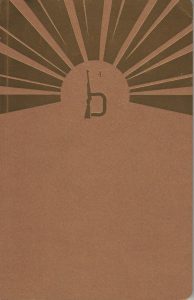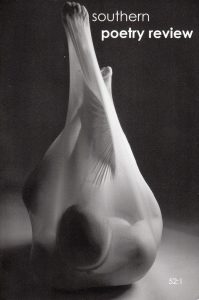SciFi v. Literature – Why?
Science Fiction, literature, and the haters
by Jake Seliger
Posted June 5, 2008 on The Story’s Story
Seliger’s essay begins with this question: “Why does so little science fiction rise to the standards of literary fiction?”
And explores this both from the perspective of a reader AND writer of SciFi. His experiences with rejection of his novel add to the mix of how SciFi is treated, and he comes part way through the essay to this commentary:
“It’s unfortunate that the entire genre gets tarred as junk by some critics and readers when in reality it’s not entirely junk—if it were, I wouldn’t write a long essay describing it. I have a theory as to why science fiction often gets labeled as junk: it values other qualities than aesthetic novelty/skill and deep characterization. It’s more concerned with ideas rather than how ideas are expressed, while the greatest literary fiction sees ideas and their expression as inextricably linked. At the same time, though, I think that science fiction’s defenders might bring on the literary snobs’ ire by doing things like calling them literary snobs when many aren’t actually snobs, but just have standards that science fiction too infrequently reaches in part for the reason I just stated. This is also why, I suspect, science fiction has trouble achieving the critical and academic recognition it should probably have, especially given its larger impact on the culture. I’m one of the defenders of good writing being good writing regardless of where it comes from, but the more science fiction I read, the more I realize so much of it just doesn’t have the skill in narrative, detail, character, sympathy and complexity, language, and dialog that readers of literary fiction demand. I still like a lot of science fiction, but most of it now causes me to roll my eyes and skip pages: characters have no life, the books have no lifeness, clichés abound, and strong setups devolve into variations on cowboys and indians.”
There is more, much more, to this thoughtful and well supported exploration, in which Seliger himself says he comes to no final conclusion. All the more for the readers and writers to consider.




